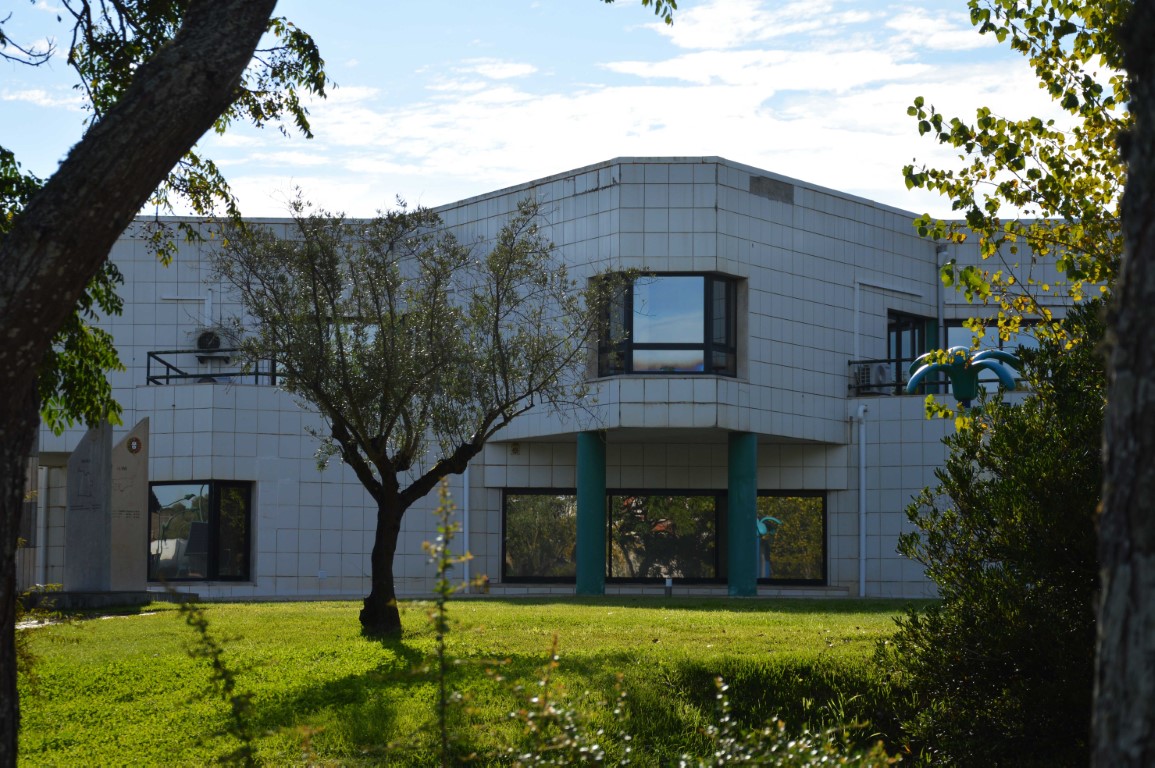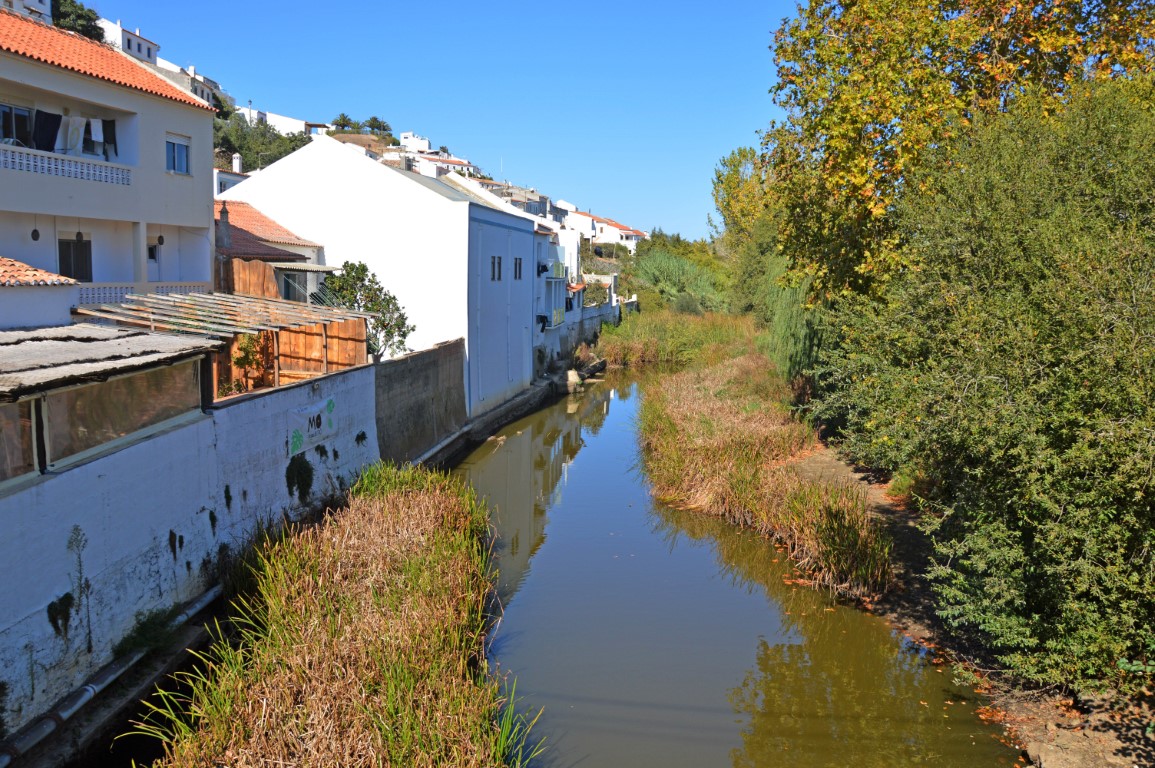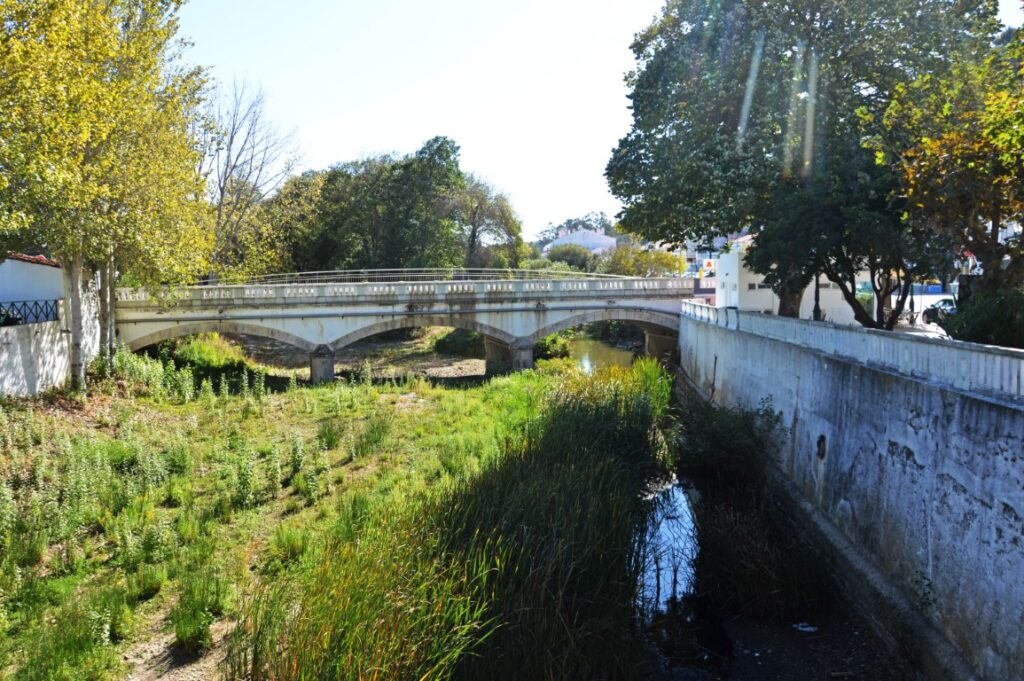Arriba – Association for the Defense of the Natural Park of Southwest Alentejo and Costa Vicentina contests the use of glyphosate to control reeds (arundo donax), invasive plants, along the Ribeira de Aljezur, as it is a «herbicide composed of a chemical associated with cases of cancer», but the City Council guarantees that the product will be used «in a manual, localized and not uncontrolled manner» and that , in addition, 'alternative techniques' will be tested.
In a note sent to the press, Arriba explains that "glyphosate is banned in many European countries" and that "Portuguese legislation requires special permission for the use of this chemical near water courses."
Contacted by Sul Informação, António Carvalho, councilor of the Aljezur City Council with the Environment department, confirmed that glyphosate “will be used” three times, but in a “manual, non-industrial and spaced out” way.
“It will be men doing this work, not machines. It will be a localized application, from the bottom up, and very punctual», he said.
The type of product used will not be Piton Verde, as Arriba says, but rather “another more suitable and less diluted product”. "If a drop falls, its presence in the water will be very low," he explained.
According to a note from the municipality, in cases "where it has to be applied to cut trees/bushes, it will be done by brushing, such is the level of detail".

The arguments are not accepted by the environmentalists who still contest the fact that the citizens were not "timely informed" by the Chamber of this operation.
“At the request of dozens of concerned residents, an urgent meeting was held on November 11, with the aim of providing clarification on the work already in progress. The audience consisted of several professionals, such as biologists, local professionals, NGOs and associations. It has not been proven that an environmental impact study has been carried out in order to understand possible damage to these unique river ecosystems», they say.
On the side of the local authority, all accusations of lack of transparency in relation to this work, which began in October, are denied.
In addition to the media publications, «there were also some participatory moments, the first of which took place in August, in a session held at the request of the RWSW Association, in which we took the opportunity to invite other personalities, entities/associations potentially interested in the matter», says the Town hall.
«Back in September, with students from EB1/JI in Aljezur and together with the Portuguese Environment Agency – Administration of the Hydrographic Region (ARH) of the Algarve and designers, environmental education days were held in the river», he adds.
According to the municipality, despite having made «several contacts with owners, it was not possible to reach them all». Some – “one or the other” – questioned “the reason and form of intervention”.
“In a transparent way, this information was given”, and it was even decided to “carry out another clarification session”. The Chamber adds that, "as a result of supplying the project to some owners, there were several protests, originating in different parts of the country, which reinforced the sense of clarification."
In that session, «several clarifications were provided by the design team and the contractor, with no consistent or scientifically credible contradictory coming out of it to call into question the intervention».
In the same session, the Institute for the Conservation of Nature and Forests (ICNF) and the APA also participated.
On December 2nd, there was another meeting, between the owners with land adjacent to the river and the City Council, where, says the Arriba association, "the intended objectives were not achieved".
"Citizens feel betrayed and frustrated because they see that their opinions and suggestions are not respected or valued and because they feel that their questions are ignored," accuse the environmentalists.

According to the Chamber, in that session with owners, the municipality asked "for them to speak out and demonstrate", if they did not agree with the project", but "to date, there has been no manifestation of non-agreement".
Favorable pronunciations, in turn, were "diverse".
For the rest, this intervention has already had the green light from both the APA and the ICNF. The opinion of this Institute asks, even so, that "alternative methods" be tested to fight invasive plants, something that the Municipality will do, assured António Carvalho to the Sul Informação.
These methods include planting native trees or applying salt, 'to be tested on sections to be identified'.
To this is added the «monitoring of the quality of water, soil and fauna likely to be affected, with regard to the presence of glyphosate, and a monitoring plan must be presented to ensure clarification on possible contamination with glyphosate in the natural system , allowing readjustments in the application of dosages and foreseen methods, if necessary. This monitoring should take place after each application of the herbicide for a period of at least one year», concludes the ICNF opinion.
From the Arriba Association, the challenge is launched so that the City Council of Aljezur is the first in Barlavento to join Quercus' “Autarchies without Glyphosato” campaign.
As for the Municipality, he guarantees that, for the coming months, "two more public sessions" are planned on the works in the Ribeira, to be carried out in mid-January and at the time of completion of the work.




















Comments